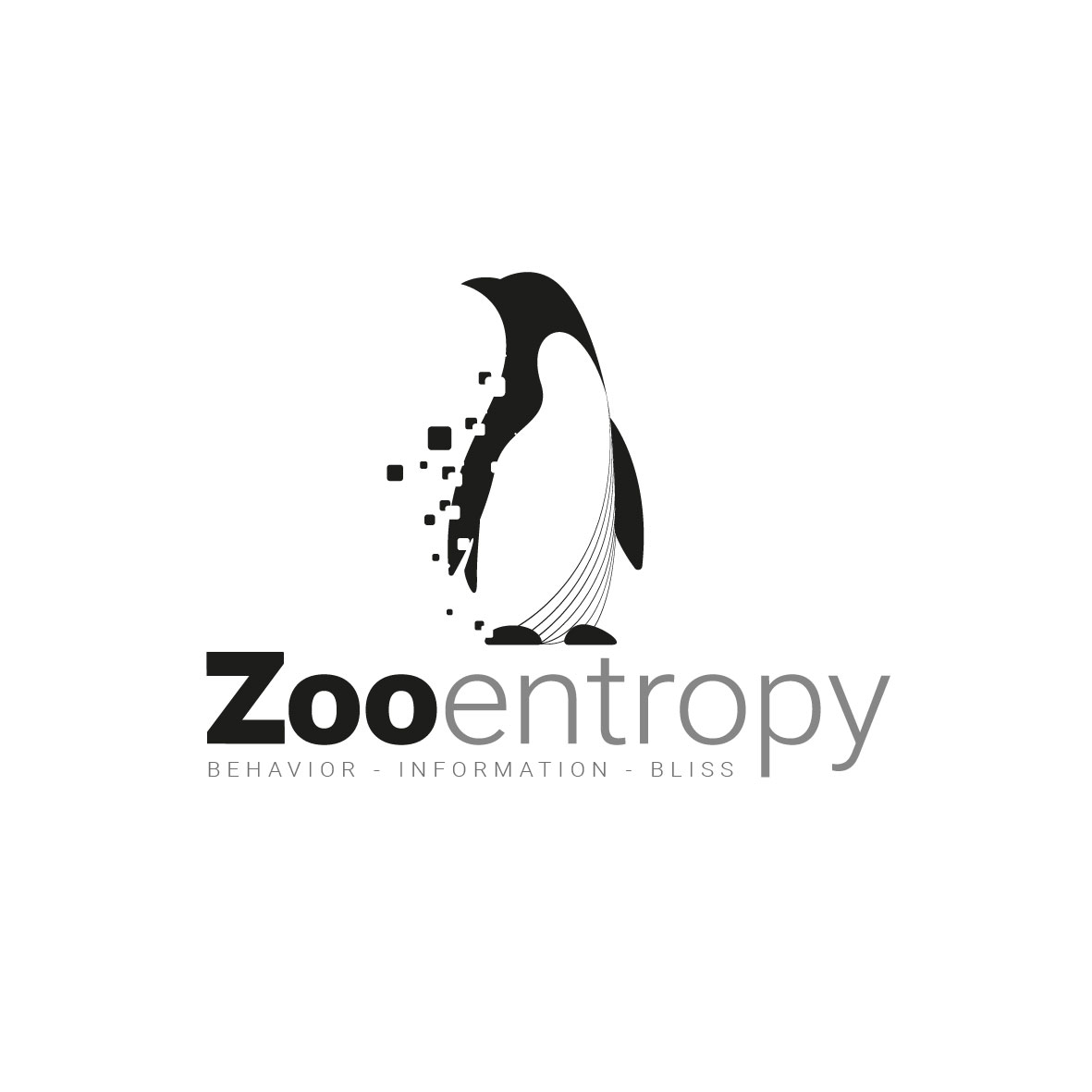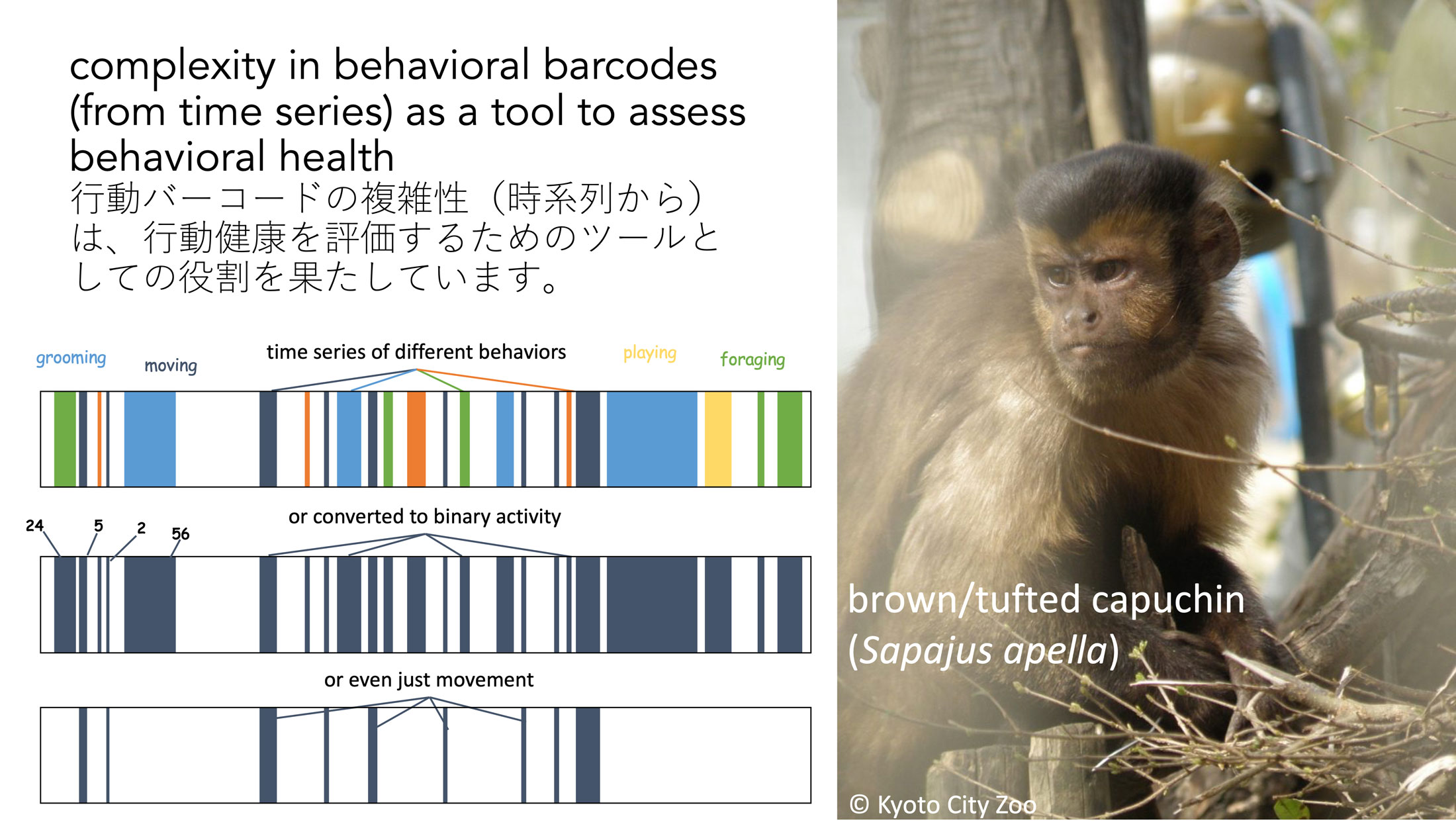Advanced Analytics for Modeling and Predicting Abnormalities in Animal Behavior
Project Gist
Building a network of conscientious researchers toward improved animal welfare monitoring and assessment through behavioral analytics
Keywords
animal welfare, behavior analytics, stereotypy, abnormal behavior, zoos and aquariums
Background and Purpose
There is growing recognition that animals of all kinds experience rich, cognitively diverse, and emotional lives. Keeping animals at zoos and aquariums thus requires considerable investment into ensuring their needs are adequately taken care of. Yet, the world over, animals at such facilities display various behavior patterns, such as abnormal repetitive behavior (behavioral stereotypies), that indicate an underlying problem. Even in cases where abnormal behavior is not shown, animals may lack the stimulation required to live healthy emotional and physical lives. This project was designed to provide a novel set of behavioral indicators that can be applied in zoo and aquarium settings to monitor and assess the welfare status of various animal species. We built an international network for this purpose, with partners in both Japan and the USA, to provide new tools to support animal welfare at these and other zoological facilities.
Project Achievements
The most important outcome of this project was building an international team that is now working to develop international standards for animal welfare monitoring and assessment, involving zoological institutions in Japan, the USA and the UK. I launched an international project called Zooentropy (www.zooentropy.net) based on this collaboration, as a way of showcasing our results and ideas, growing our network, and disseminating results through our website to scientists and the public. I and others on the team presented early results of our behavior analyses and our research framework at domestic and international conferences, and we hosted an international hybrid symposium on animal welfare science at Kyoto City Zoo that attracted over 250 participants. I am currently working on the first manuscript from this project, and we are now applying for international grants (Kakenhi in Japan and via our partners elsewhere) to grow this international collaborative research.
Future Prospects
Using this SPIRITS project and Zooentropy as a launchpad, I want to use our new network to implement behavior analytics for animal welfare globally. Ideally, our work will lead to new standards for welfare assessment, and technology development to facilitate efficient and objective assessment worldwide. One key goal I have is to develop the pipeline for analysis and work with engineers to facilitate its implementation more broadly.
Figure


Principal Investigator

MACINTOSH, Andrew
Wildlife Research Center
Andrew MacIntosh is a behavioral ecologist from Canada who has studied many primates, penguins and other species in the wild. He hopes to use his skill set in behavior analysis for the improvement of captive animal welfare. He is passionate about science and animals, about science communication, and about networking for improved outcomes in applied animal science.
Related URL:
www.zooentropy.net www.macintoshlab.com www.theprimatecast.com
